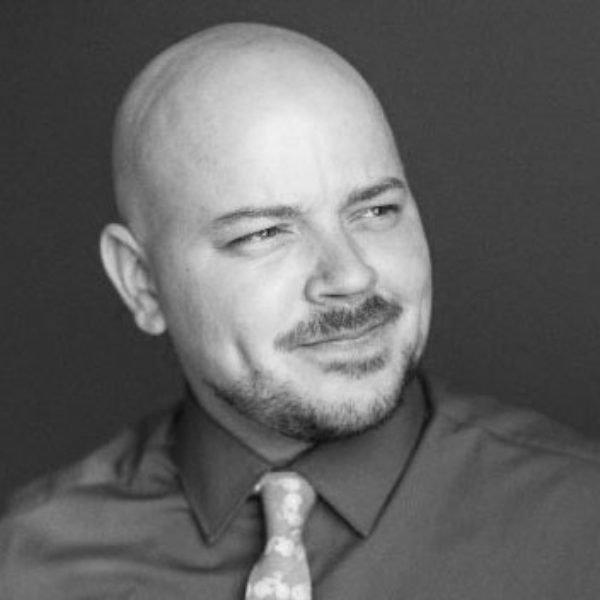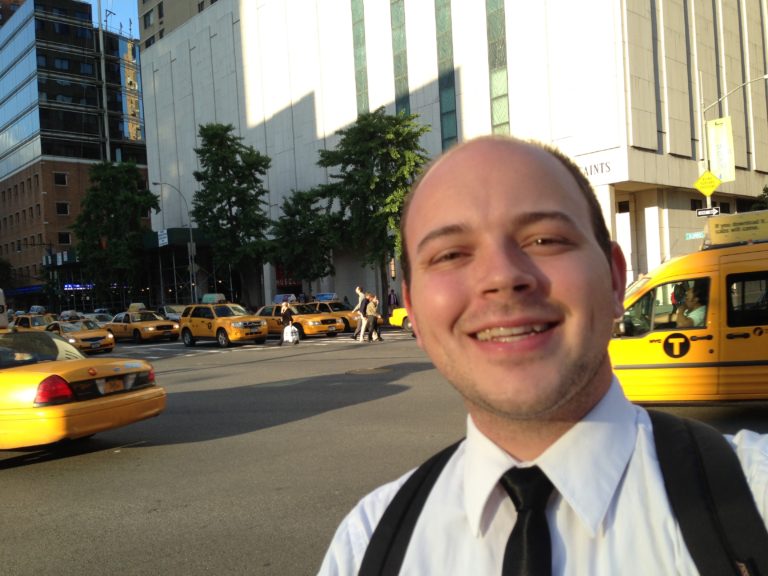
Image by Derrick Clements, © All Rights Reserved.
A Makeshift Mormon in Godless New York City
I arrived in New York City on my birthday in 2013. I was going to be an intern for Radiolab, a fact that filled me with many emotions. On the most basic level, it was the thrill of having my very first job. But it wasn’t my first job. It was just my first job that had nothing to do with being a Mormon.
I was coming from Utah, where I was a student at BYU. I had worked for several years as a teacher at the Missionary Training Center, where I instructed missionaries and assisted in the administration of three large-scale seminars for new mission presidents. I had been a missionary myself — which amounts essentially to an internship with the LDS Church. Missionaries are young, inexperienced, unpaid, hard-working. And, like interns, they are essential to the institution, but generally get more out of the experience than they give. Missionaries learn new skills: communication, sometimes a new language; discipline; planning and goal-setting; patience. Even my creative work (I founded and host a live storytelling stage show) always made me happiest when I found ways to explore some of the conflicts inherent in Mormon practice and belief.
I was proud of all of that work experience, but none of it felt like work. It all existed through the lens of Mormonism, so it just felt like home. You don’t include on your resume that you mowed the lawn and vacuumed the floor every Saturday for 17 years.
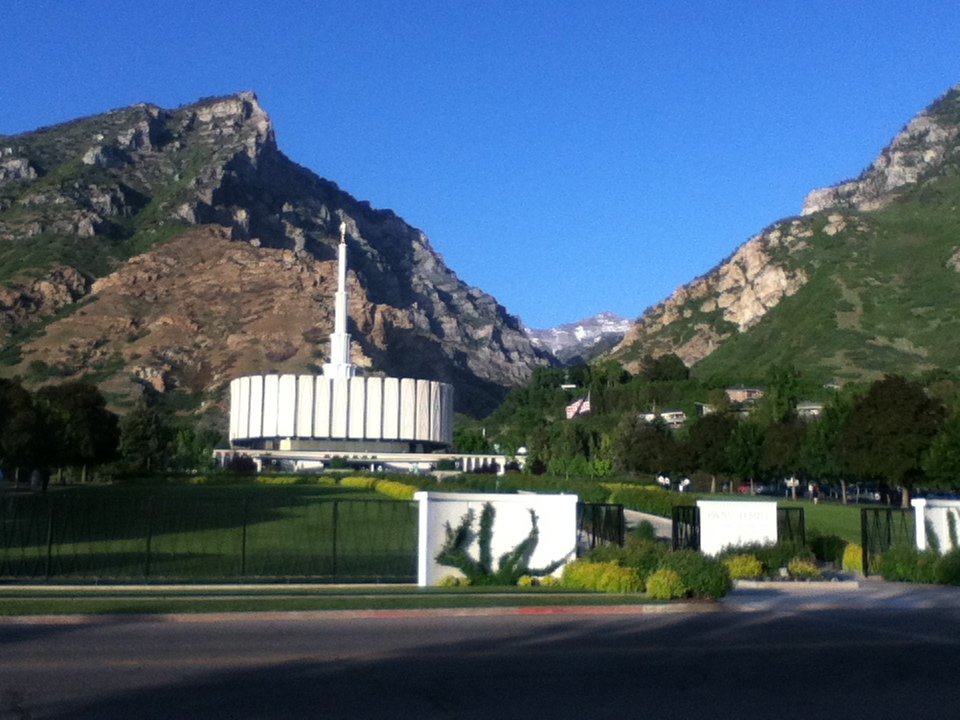
On my 26th birthday, I was starting a job outside of the Mormon context and far away from home. Not knowing exactly how to make sense of my new surroundings, my first instinct was not to quietly take it in and observe, but to inject my own sense of familiarity on my new place, to impose a makeshift Mormon context on the godless New York City.
One very busy afternoon, Jad Abumrad, the co-host of Radiolab, was mountaineering his way through lots of editing before a deadline, and he asked me to get him a coffee. I want to point out that I was not asked to do that because I was an intern. In fact, the only other time Jad asked me anything about getting coffee was when he was offering to get some for me, which he had done a few days earlier. On this afternoon, I just happened to be less busy than anyone else on staff at a moment when Jad wanted a boost. He gave me some cash and I was on my way.
While waiting for the elevator, I repeated over and over again in my mind what Jad had said about the kind of coffee he wanted. I took out my phone and made a note of his exact words:
“If they ask you if you want a single or a double, go ahead and get a double.”
I wondered if I should have just mentioned that it would be my first experience ordering a coffee. While I assumed it was as simple as ordering anything else, I also knew that there were lots of kinds of coffee — lattes, cappuccino, iced — and I had no experience telling them apart. If I had been upfront about my virginal coffee-ordering state, maybe he would have given me some special password that would save me embarrassment.
But I didn’t want Jad thinking that he was asking me to do something against my morals, because he wasn’t. Coffee isn’t offensive to be around to Mormons, and I didn’t want to give the impression that he was asking me to run down to the corner and pick up some heroin.
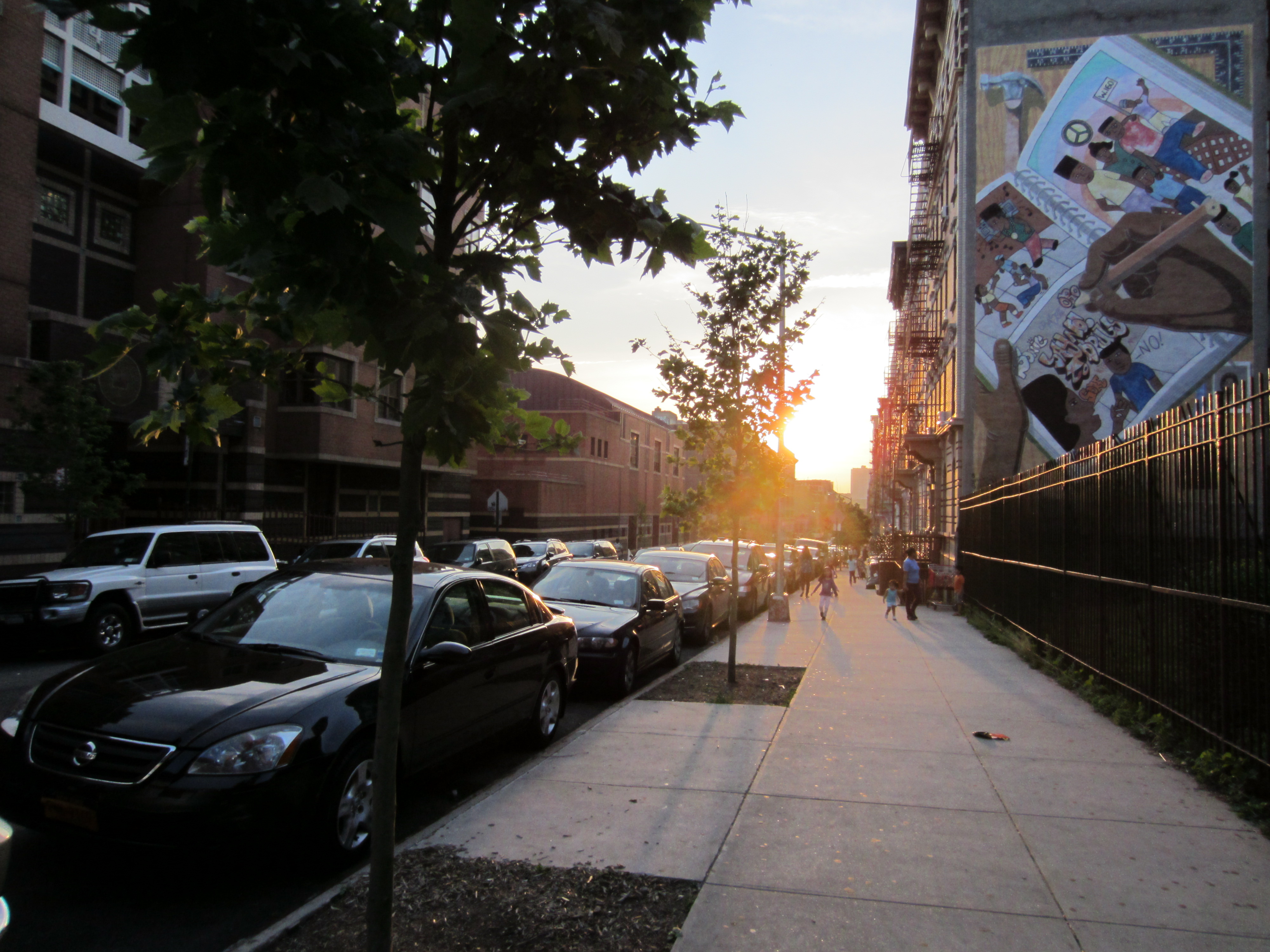
So I ran through my script several times in the elevator, and then, hiding my nervousness, I marched into the Starbucks around the corner from WNYC in lower Manhattan and feigned expertise as I placed the order. To my relief, I was asked the one question I was prepared to answer, and I replied, “Double, please.” Such confidence filled my whole countenance that I’m sure the barista was thinking, “What, is this guy getting like his millionth coffee? He placed that order like a real pro.”
Slyly, I went ahead and did a quick Google image search on my phone just to make sure I knew what to expect. But I wasn’t quite sure what search terms to put in, and before I could find anything, my name was called. I panicked briefly but handled it.
“Here you go man.”
I went for the cup, and when I saw it, my face dropped. It was the smallest cup I had ever seen outside of a sacrament meeting. Could this possibly be right? Inside the cup were two dinky little squirts of black liquid. I knew it would shatter the illusion I had built for myself, but better here than back with Jad, so I asked, “Um, is this a double?”
His eyes narrowed in confusion, and he replied that it was.
At that point, what was I to do but thank him, hope for the best, and walk back to the building and up the elevator. I wondered if this was my opportunity to announce the milestone it had been. I mentally tried on sentences like, “I hope this is what you wanted,” and “Well what do you know, I ordered my first coffee!” But I didn’t find any phrasing that fit just right, so I just threw on my old confidence rags and handed Jad the cup. Much to my relief, he seemed to be expecting a cup exactly the size of the one I gave him. He thanked me, and took a sip.
Throughout this experience, I felt the weight of what I looked like as a Mormon. If I had come out and said I didn’t know how to order coffee, what would they think? What would that say to an objective observer about what I thought, for example, about gay people? I was not embarrassed to be Mormon — in fact, I wanted to embrace it about myself. I wanted prove to my non-Mormon colleagues that one could be Mormon and also a rational, liberal, open-minded person.
Actually, for the past several years, I have been trying to prove the same thing to fellow Mormons, too.
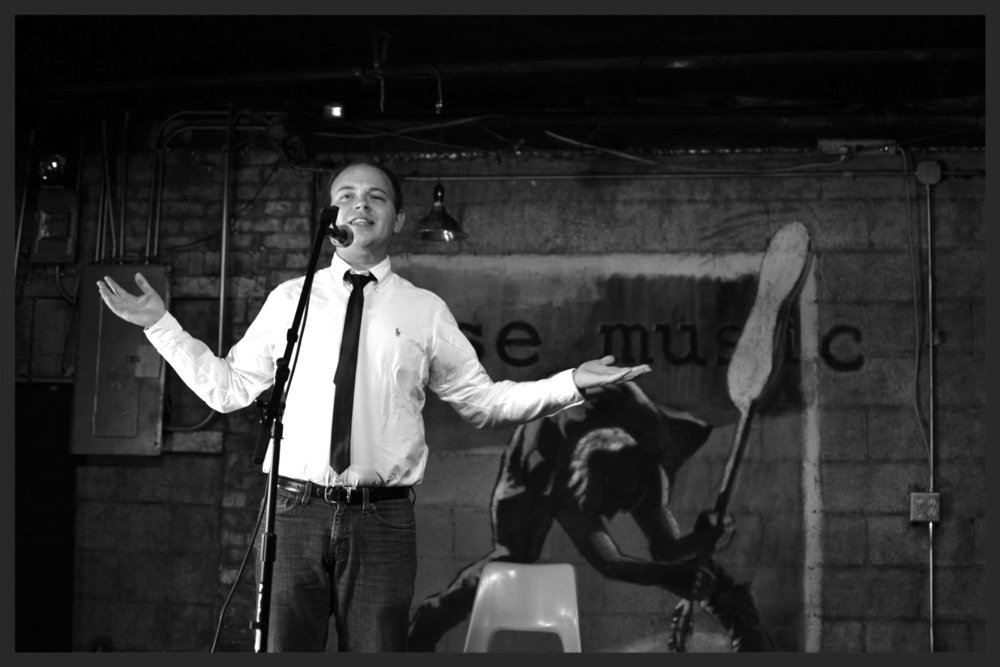
I look Mormon. I’m enthusiastic, friendly, hopeful. As much as I acknowledge the limitations of stereotypes, many of us are that way, or at least act that way. But Mormons can also be oppressive, dogmatic, arrogant — and it was important to me that people at Radiolab knew I knew that. Even though spiritual paradigms did not seem like the most relevant, or possibly appropriate, topic to establish in a workplace, I knew that they knew I was coming from Utah. I wanted them to see me as I saw myself.
Of course, the obvious thing to do is just be yourself. But I was racing to construct a complex Mormon identity for myself before I would become imprinted forever with a stamp of a brand of Mormonism for which I was not an editor. In retrospect, I was not giving my coworkers enough credit, nor was I giving Mormonism or my own personhood much credit either.
I am not only Mormon from a cultural standpoint; I hate when people say they are “culturally Mormon but that’s it.” That’s unfair of me to hate that; I should respect everybody’s place. But I am eager to carve a place for myself in my faith that is not only cultural. Whatever significant asterisks there may be on the label, I consider myself a believer.
The idea of revelation is one of the fractals of my faith. No matter how many times I have broken apart my beliefs, my concept of revelation has kept its basic shape in every iteration. There is a distinct feeling I get that accompanies a spiritual prompting, and over the years I have gotten into the habit of trusting it, to great effect. I feel this most obviously in my creative work, where sometimes I receive distinct ideas about how to, for example, run my storytelling show in Utah. Almost every single show, I have noticed a prompting to change something: who I should invite up from the audience, or how I should mix up the order of performers. And after dozens of experiences like this, I am no longer shocked when that small tweak completely changes the show for the better. It’s only when I’m walking home afterward that I realize, “Wow, that one person’s story really changed the tone of the evening. I’m so glad I put her on when I did.”
And look — I’m willing to call it something nonreligious (creative intuition?). I’m even willing to say that it ultimately comes from my own brain. But the mechanism is exactly the same as I learned at church: listen, discern, respond. So I am happy to use the same language to describe it. I get answers, and God talks to me — sometimes in what feels like complete sentences. I don’t know how else to say it.
In my efforts to construct a complex Mormon identity for myself to convey to the Radiolab staff, I found more success in some approaches rather than others. One day, I was checking an episode for errors and swear words before the weekly broadcast — my favorite intern duty to perform because I was a gifted noticer of swear words — when I caught that Jad had slipped in a choral version of an exclusively LDS hymn:
“An angel from on high the long, long silence broke; … A sacred record … sealed by Moroni’s hand.”
Yep, definitely ours. What a perfect chance! I sent a coworker an enthusiastic email telling her what I had discovered, but using language that might hint at some religious complexity. Enthusiasm flavored with a bit of iconoclasm. But the look on her face surprised me. When I turned around to give her an open-mouthed smile of excitement, she smiled but seemed to not know how to respond to my in-your-face zealousness. I may have embarrassed her, which was not at all on my radar then, but makes sense when I realize that religious beliefs are not always worn on sleeves in workplaces.
I knew I had to try harder if I was going to communicate my religious paradigm with clarity and in an appealing way.
Then I found the perfect entryway: my sincere love for the Book of Mormon musical. I love the play, even though I have deeply ambivalent feelings about its bold point of view. To me, it’s a play that loves Mormons as much as it mocks them, and I find what it says about religious invention to be worth considering. It has sharp insight, and it delivers its perspective with blasphemous clarity that is worth respecting.
Yes, bringing up the Book of Mormon musical would give me serious cred. Plus, I could mention that I had a girlfriend who currently was away as a missionary herself — and that I was in fact planning to see the play with her parents! Now that is a package of complexity worth chewing on around the water cooler.
Now, I just needed to calculate how I would bring it up in the best manner possible, and with the most audience. My moment came one night when my coworkers and I were late at the office, working on the episode of the show to be released that week. It also happened to be the week that I would be seeing the play. As we took a break to eat dinner together, I could feel the timing telling me now, so I dropped, “I’m going to see the Book of Mormon on Thursday. I am so excited — it’s like my life story!”
Everyone perked up. Robert Krulwich, co-host on the show, gave the best reaction of all. He hadn’t expected to like it (“Because I’m kind of religious and whatever”) but he had a friend who insisted that it was a must-see. Everyone nearby was interested.
I slipped in a few more salient details: “I’m a big fan of the show. I mean I’m totally Mormon, and my girlfriend right now is a missionary too.” Let’s let that one sink in.
Now we were all ready for the big finish. I said, “Yeah, I’m actually going to see the show with her parents, and I’m going to spend the weekend hanging out with them, too, just us!” This detail was the humorous bow that tied it all together. Someone pointed out, “Saying you’re seeing the Book of Mormon musical is like the best thing ever and spending a weekend with your girlfriend’s parents without your girlfriend is like the worst thing ever.”
Ah, the sweet sounds of calculated laughter.
“No, they are awesome,” I assured him.

I was not wrong that this topic would provide the right setting to construct my most accurate picture of my identity for my coworkers. One of the producers asked, “What do Mormons think about the musical?”
And I began to answer, “Well,” I let the hesitation in my voice handle some of the heavy lifting, “a lot of us like it a lot. The official response from the church was ‘the musical might entertain you for a night but the book will change your life’ or something clever like that. I think the musical is brilliant and has some really insightful observations about religions, and about the naiveté of young missionaries. But there are a lot of Mormons that are probably offended, too. Most of the people I know back in Utah probably would not like it.”
There were nods of understanding and smiles. I felt triumphant. As the conversation and the dinner came to a close, I returned to my work, completely pleased that I had done it. I had painted the most accurate and honest version of my religiosity that I possibly could. Now, the only confusion about my religious identity was the one going on inside myself, which is where that type of confusion belongs.
Why, exactly, I wanted my coworkers to understand my Mormonism remained a mystery to me, but I puzzled through it a lot, and one night, I found myself praying about it in my room in Brooklyn.
“OK, Heavenly Father, I’m not sure what I am supposed to do with these people. I keep wanting them to understand that I am Mormon. Am I supposed to convert them? I assume that most of them don’t believe in God. And frankly neither do I, at least in the way that I used to, and yet here I am talking to you – so you can see why I’m confused, and why I probably am not right to be preaching anything anyway.”
As I knelt there by my bed, a string of words seemed to enter my mind, which came either from deep within myself or deep within the universe, but it felt like someone who cared about me was speaking to my heart: “You are here to learn from these people. They are really, really smart. And if you listen, you will not only learn about radio. You can learn from them about me. Whether they themselves believe or not, they can teach you about me.”
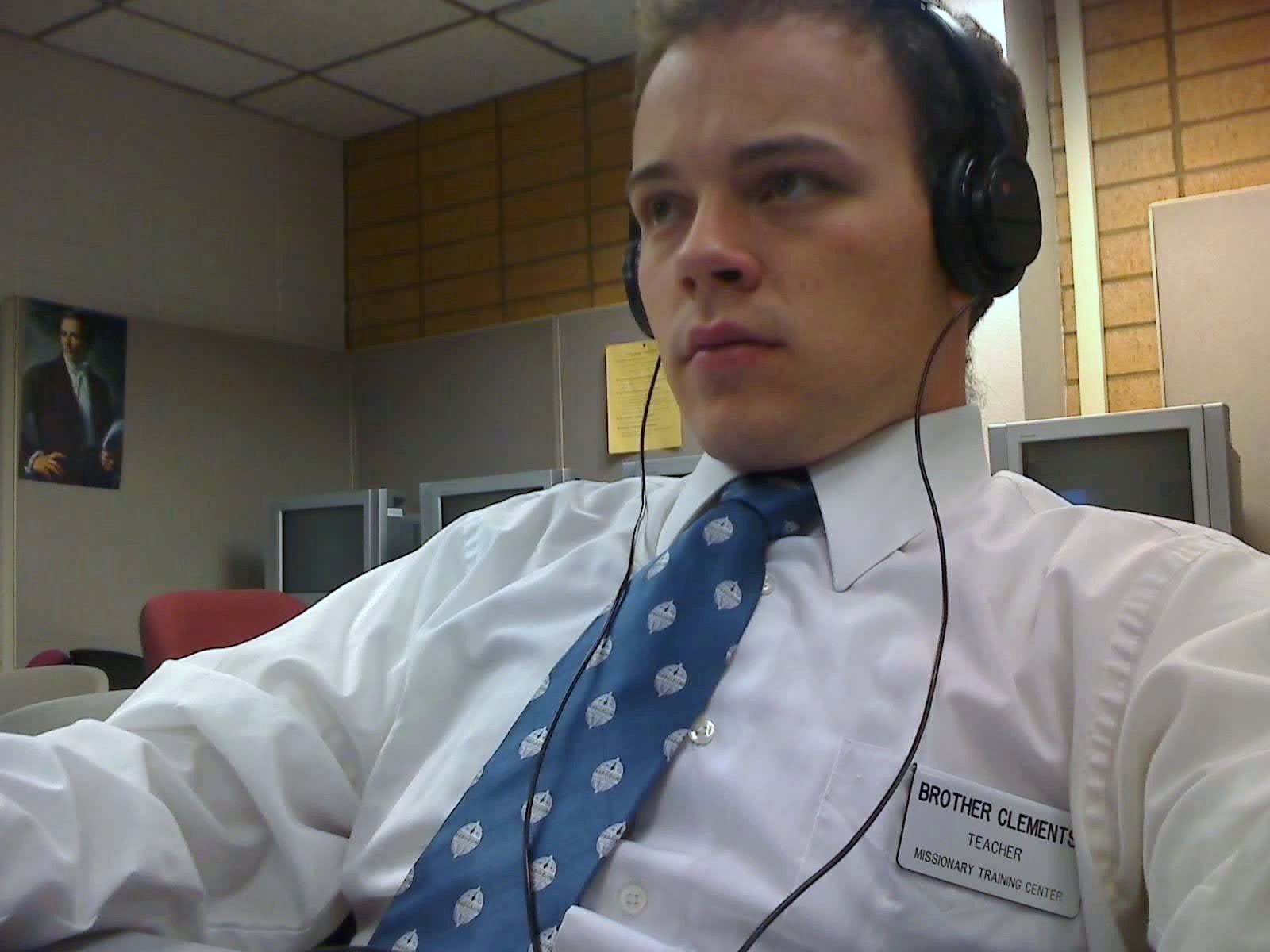
One of my primary responsibilities at Radiolab was to log tape, to listen to interviews in their full-length, unedited versions and take notes along the way. Then, the producers could more easily break down those interviews into smaller segments, and, eventually, into fully edited stories. Andy, who was the newest producer on staff, and about my age, with a full beard, came over to my desk and gave me a flash drive with a few hours of tape he had recorded on a field trip out in the country somewhere.
I like Andy and felt a connection with him because he also grew up with a strong religious background. After an editorial meeting one week, I made a point to ask him some question I had about religion: “Andy, I have a theological question for you.”
Jad, who was nearby and could hear me, said, “Wow, did you see the erection he just got when you told him that?” The phrase impressed me, both in the way a child admires the maturity of an older kid when he speaks authoritatively about sex, and in the way one admires the precision of a poet to capture meaning with perfectly chosen words. In this case, the meaning was, Andy gets more excited than the rest of us to talk about religion. I asked Andy my question, which was about how various religions think about the fallibility of the Bible.
He eagerly went into the topic, and then surprised me, “I’ve thought so much about how to talk about this stuff on the radio, but it’s just too hard.”
“Religion?”
“Yeah — it is so significant because so many people believe in a religion, but it’s so difficult to tell a story about one person’s religious beliefs in a way that doesn’t make them sound weird to nonbelievers.”
I had not thought about this before, and I agreed.
A few days later, I started logging Andy’s tape. The interview was with a man whose daughter had been murdered, but the man had forgiven the murderer. In the recording, I could hear lots of sounds of the peaceful, wide open spaces of the country as Andy, another producer, and the man walked from his house to the site of his daughter’s grave. Crickets, rustling leaves, and gentle people speaking — it was all very different from the sounds of New York City, which merit their own reverence, of course. I could hear Andy, who grew up in a small place like that, wondering aloud whether living in the city was right for him after all. “When I come back to a place like this, it makes me wonder if I should just move out here and make stories from here.”
When they arrived at the grave, the man made a comment about how his daughter’s body was now feeding the trees growing nearby and how her body was now part of the earth. Andy agreed, “I think about how when we die, the cells of our bodies continue to make other things live, they become part of other things, so in a way we continue living. I think this is a kind of eternal life.”
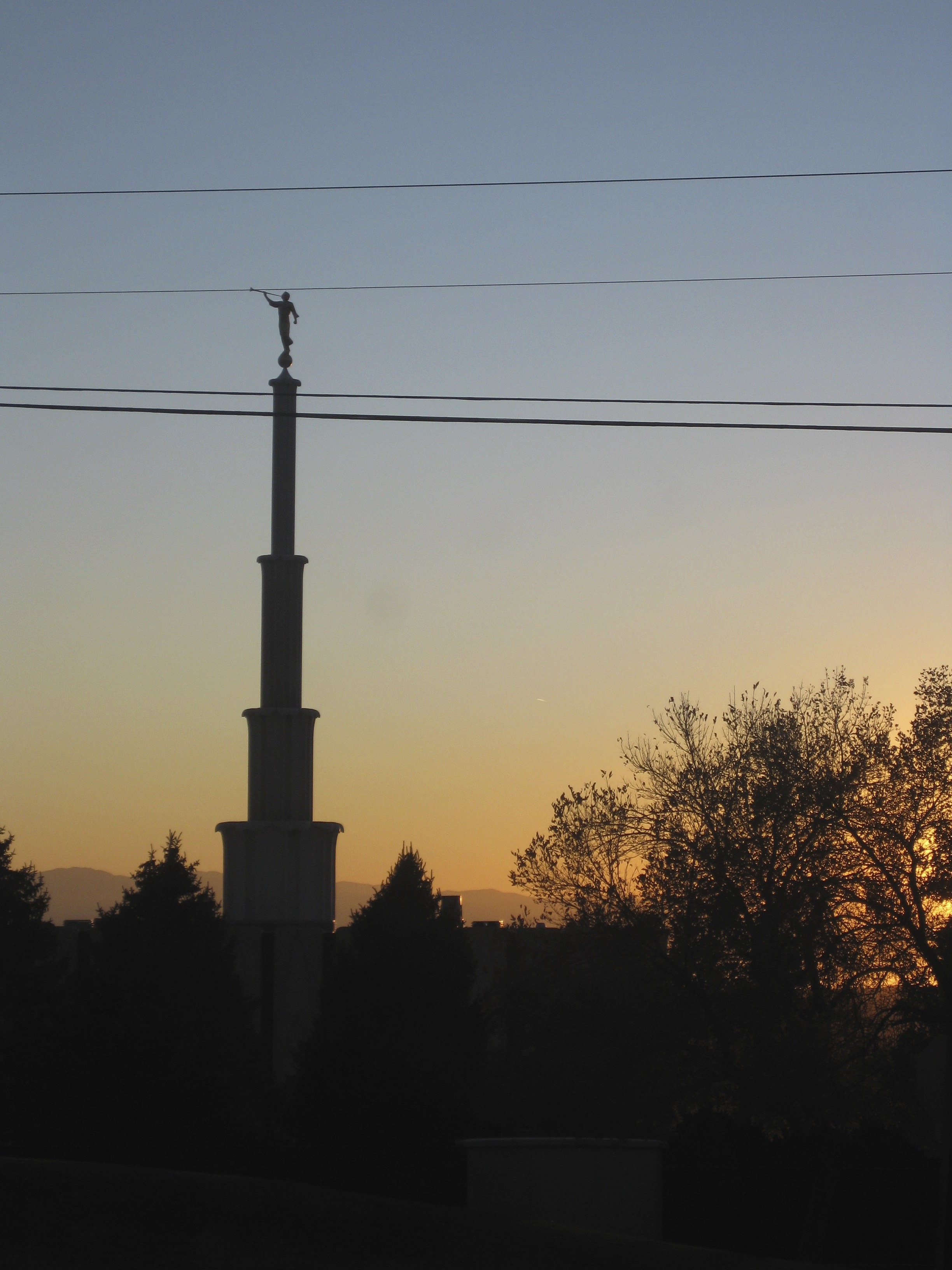
Triggered by those last two words, I thought about the thing God had told me to look for, and I rewound the tape. Andy continued, “And it goes for our personalities, too. Like I had a friend who passed away, and sometimes I think about how his characteristics make up who I am now, how he inserted himself into the way I see the world, and so as long as I am alive, he is alive, too.” Silence, crickets, leaves, and the familiar feeling all through my body that I was listening to the truth.
A week later I approached Andy. “So, that was pretty amazing what you said about eternal life.”
“Oh, thanks man. Yeah I have this tattoo. I sort of lost the faith I had growing up, but that idea became really important to me, so I decided to get a tattoo about it.”
I didn’t see the tattoo, but Andy said it covers his shoulder and part of his chest and depicts interlocking vines. He told me that he realized that after having lost some of his earlier beliefs, permanently painting this idea on his body was kind of a way of committing, like saying, “I’m going to stick with this one.”
I feel a lot in common with Andy. I too have some post-orthodox beliefs that I still drape in the language of my religious upbringing and paradigm. I do not take exception with any of the content of his idea about eternal life, but where he and I differ is that I could not bring myself to get a tattoo about it. This is not a criticism; I admire his commitment. But my ontological perspective is too loose to ever be sure enough to put ink into my skin. I much prefer to engage in the sometimes violent dance between my traditional Mormon view and things like Andy’s idea, which is now in my head too. With both sides moving differently according to the same rhythm, what results is a new kind of movement.
My faith thrives on flexibility. It’s not that my religion is fluid, as some might accuse me of, but that it is fluidity.
And Mormonism, with its open canon and continuing revelation, seems to fit that perspective just fine. As long as I always allow my beliefs to get stung by the realities and contradictions of new evidence, I rest assured that I will not go astray. If I were to get a tattoo of my beliefs, it would simply say:
“Subject to change upon reevaluation.”
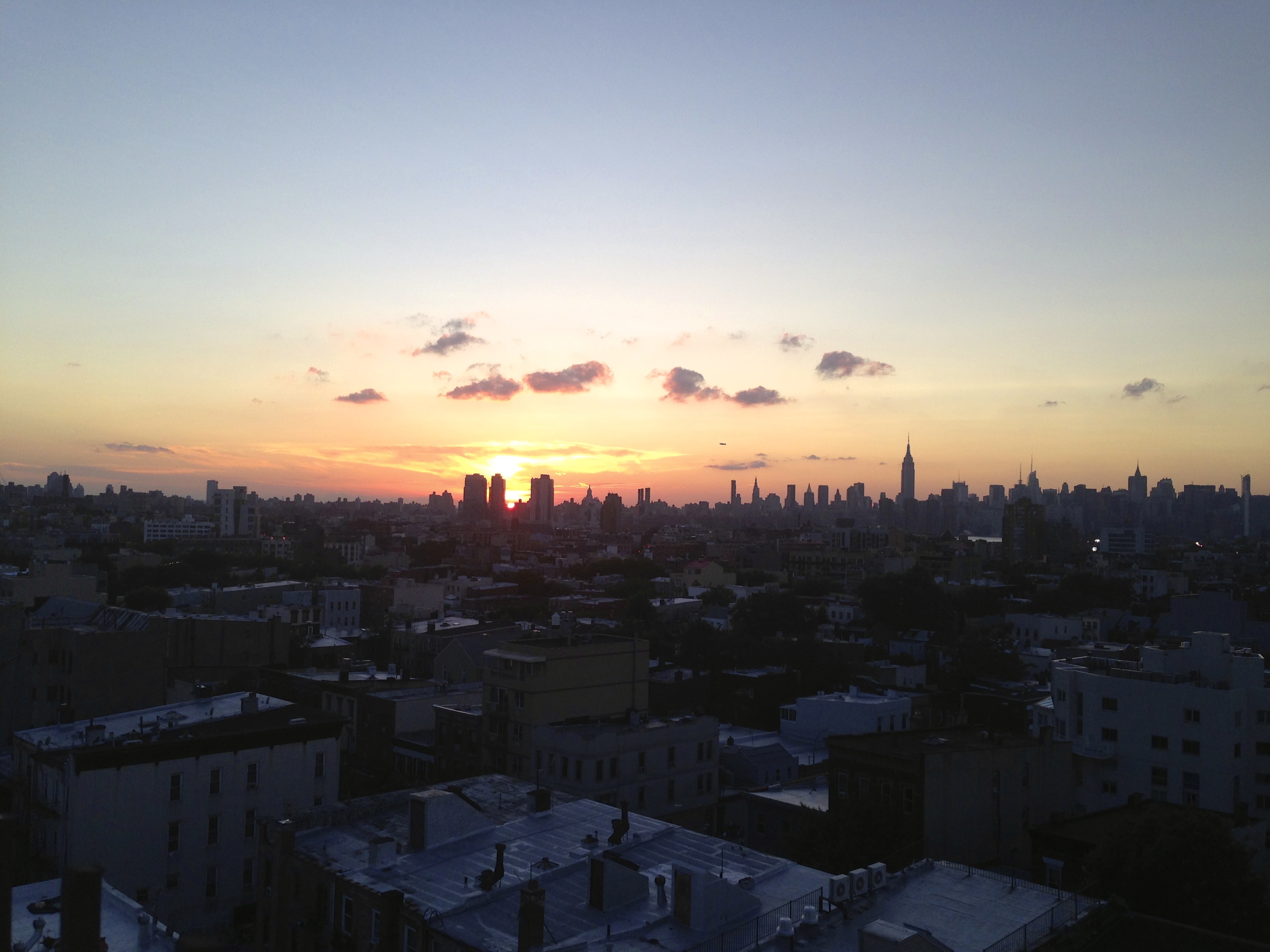
On the last day of my internship, the staff surprised me with a Radiolab poster they had all signed with nice comments — the best yearbook signing of my life. And they took some time in the editorial meeting to give me one final shot at asking for advice. I asked a general question about entering a career without having a roadmap for how it will go, and I felt such appreciation wash through me as they gave lots of principles that had helped them in their careers.
The piece of advice that sticks with me the most is from Soren, the senior producer of the show. He told me simply to listen, and get better and better at the skill of listening.
Everybody listens, in an interview, or even just in everyday life, in relationships — but not very many people listen that carefully. A lot of people listen just enough to grab the details. Or, sometimes just enough to validate what they were already looking for. “But,” he said, “if you listen really closely, you will actually find the thing at the center that is so deeply in there that no one else noticed. And it’s actually that thing that makes the story interesting.”
I am positive that Soren is right about that. And it certainly helps make the case that God was right, too, that night by my bed, about the virtues of me pausing the preach button and actively pressing record to all the truth around me during my internship.
Whether or not I am right about God really being the author of that idea, I feel inadequate to say. But even if the idea came from somewhere inside myself, in a quiet moment of reflection, I am so glad that I was listening.
